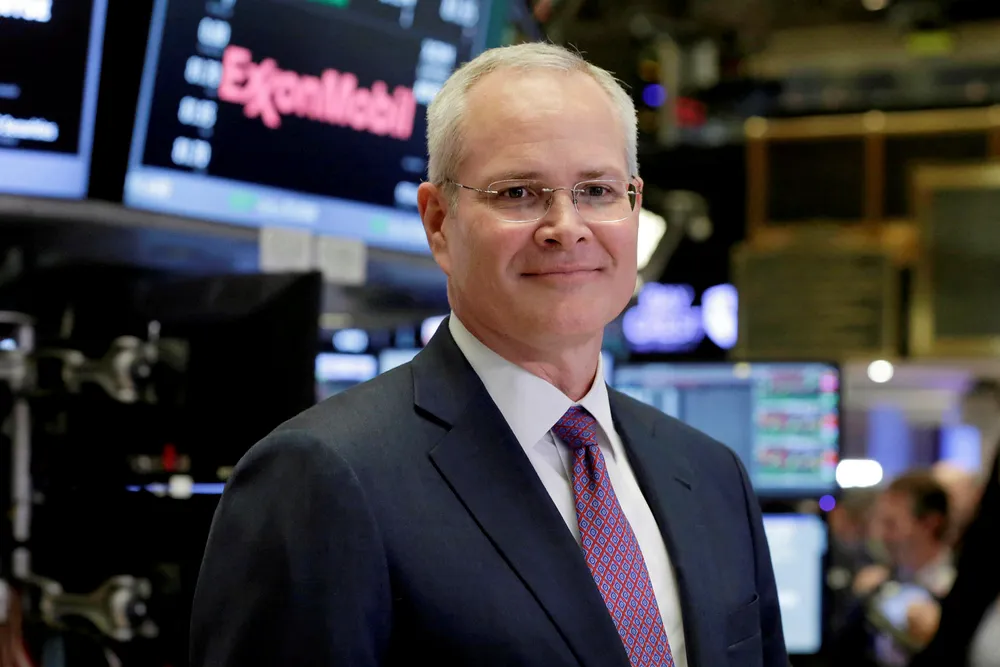OPINION: Clash of majors' emissions strategies sets test for oil industry
Real test for US oil giants' different path from European peers to a cleaner future will be judged by investors and capital markets

Real test for US oil giants' different path from European peers to a cleaner future will be judged by investors and capital markets
